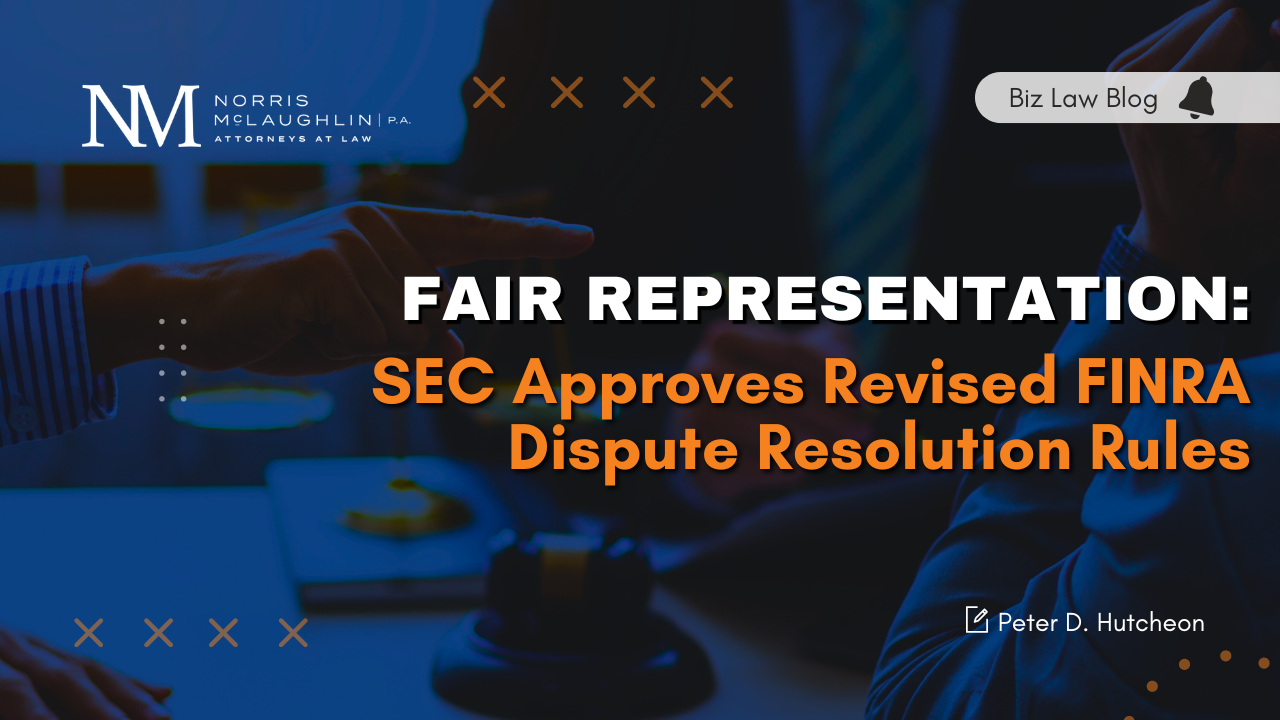“I Robot:” The SEC Evaluates the First Law of Robotics

One of the priorities announced in the 2021 Examination Priorities Report of the U.S. Securities and Exchange Commission’s Division of Examinations (“EXAMS”) is a review of robo-advisory firms that build client portfolios with exchange-traded funds (“ETF’s”) and mutual funds. EXAMS notes that these clients are almost entirely retail investors without investments large enough to support the costs of regular human investment advisers. EXAMS sees that the risks involved in these robo-advisor accounts pose particular issues, that retail clients may well not recognize.
Law of Robotics
Accordingly, it may help to reflect on the Laws of Robotics invented by that science fiction author Isaac Asimov (for “I Robot,” a short story in his 1950 collection), particularly the First Law:
A robot may not injure a human being or, through inaction, allow a human being to come to harm.
This “policy” undergirds the 2021 Examination Priorities Report’s focus on robo-advisors. EXAMS notes the following as matters of particular concern:
Investors may not understand the risks associated with specific investments; the risk profiles of mutual funds and of ETF’s vary widely, from diversified to concentrated, from simple to complex strategies. Robo-advisors have a fiduciary duty to provide adequate disclosure to investors and to insure that the information is understood.
Funds used in client accounts may not be suitable for the investor, again the robo-advisor has a fiduciary duty to know a client’s particular financial situation and investment goals. EXAMS notes that it will be checking on the bases for selecting investments, especially when niche or leveraged/inverse ETF’s are involved.
Full disclosure of any conflicts of interest are mandatory, noting the continuing enforcement actions for abuses in mutual fund investments involving higher cost fund shares.
The SEC Evaluates
Now is the time for compliance personnel to review all of the account opening documentation to ensure that relevant information about a client’s financial condition, investment objective, and time horizons are captured. Further, the firm brochure and websites should be carefully scrutinized to ensure that disclosures are written in plain English AND are robust. Then compliance personnel should review the process by which investments are recommended to ensure it adequately takes into account the client’s risk tolerance and investment objectives, and to be able to confirm that a recommended investment aligns with those factors, all of which should be documented.
The 2021 Examination Priorities Report makes clear that the Law invented by Isaac Asimov some 70 years ago equally applies to robo-advisory firms.
If you have any questions about this post or any other related securities or general business law matters, please feel free to contact me at pdhutcheon@norris-law.com.




